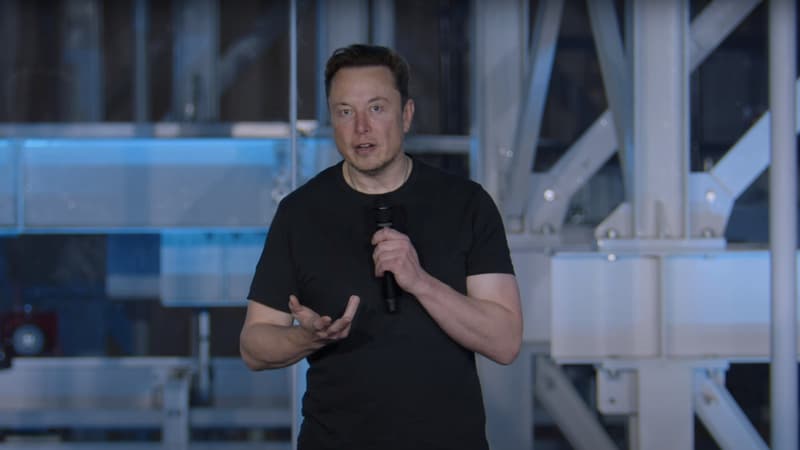Presenting himself as a defender of free speech, Elon Musk sometimes knows how to make exceptions. Latest example: On May 13, Twitter announced that it had made certain content unavailable in Turkey, at the request of the authorities. A request that is far from trivial, since the country is voting in the most uncertain presidential elections since Recep Tayyip Erdogan came to power.
Elon Musk takes over
At the moment, the platform has not specified what content it is. It simply reminded that if they were not available from Turkey, the tweets in question were still accessible from foreign countries.
This decision to bow to Turkish censorship was strongly criticized, in particular by Bloomberg columnist Matthew Yglesias, who accused Twitter of censoring Erdogan’s opponents.
Jimmy Wales, co-founder of Wikipedia, however, allowed himself to recall that he fought against Turkish censorship of the online encyclopedia in 2017, before the Constitutional Court finally declared this censorship illegal in 2019, pointing to Elon Musk’s contradictory positions.
“If Elon said now ‘we don’t care about free speech if it interferes with our business,’ then he could make his case,” he said.
Source: BFM TV


